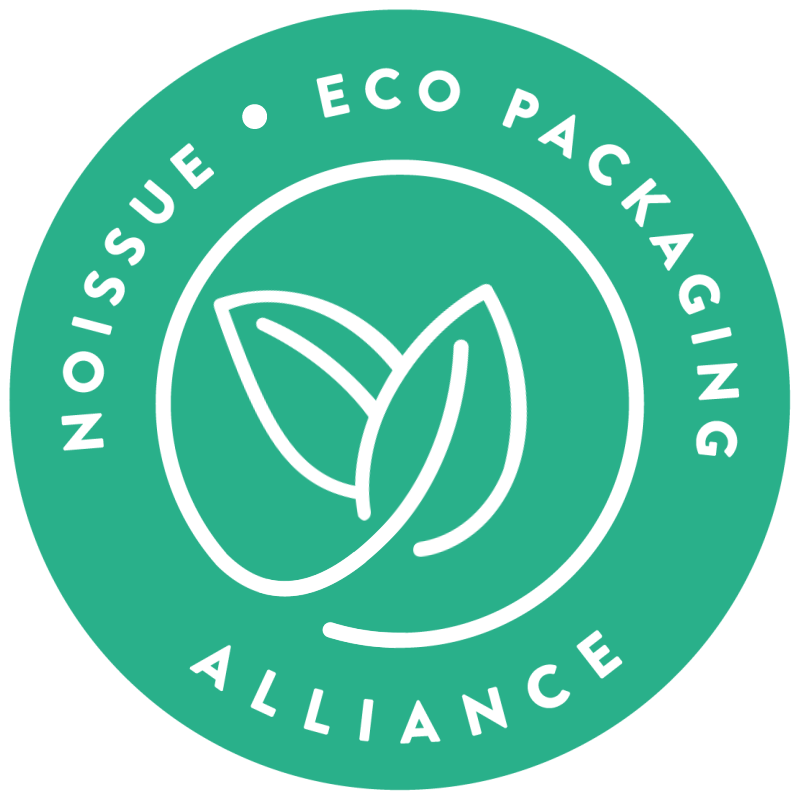Why We Should Stop Using the Term Eco-Friendly: Understanding the Difference Between Eco-Friendly and Sustainable
The words "eco-friendly" and "sustainable" are often used interchangeably, but they have different meanings. While eco-friendly refers to products or practices that have a reduced impact on the environment, sustainability goes beyond this to consider the long-term impact on the environment, society, and the economy. In this blog post, we will explore the difference between eco-friendly and sustainable and why we should avoid using the term eco-friendly.
Eco-Friendly vs. Sustainable
Eco-friendly products or practices are those that have a reduced impact on the environment. For example, a product made from recycled materials or a company that uses renewable energy can be considered eco-friendly. While eco-friendly practices are important, they do not necessarily consider the long-term impact on the environment, society, and the economy.
Sustainability, on the other hand, considers the long-term impact of a product or practice on the environment, society, and the economy. A sustainable product or practice is one that can be maintained over the long-term without causing harm to the environment or society. This includes using renewable resources, reducing waste, and considering the impact on local communities.
Why We Shouldn't Use the Term Eco-Friendly
While eco-friendly products and practices are important, using the term can be misleading. The term implies that a product or practice is sustainable, when in fact, it may only have a reduced impact on the environment. This can lead consumers to believe that they are making a sustainable choice when in reality, they are not.
Furthermore, the term eco-friendly can be used as a marketing tool to sell products that are not truly sustainable. This is known as greenwashing, and it can be harmful to the environment and society. By using the term sustainable instead of eco-friendly, consumers can better understand the long-term impact of a product or practice and make informed decisions that benefit the environment, society, and the economy.
While eco-friendly products and practices are important, they do not necessarily consider the long-term impact on the environment, society, and the economy. Sustainability takes a more holistic approach, considering the long-term impact on all aspects of society. By avoiding the term eco-friendly and focusing on sustainability, consumers can make informed decisions that benefit the environment, society, and the economy.



